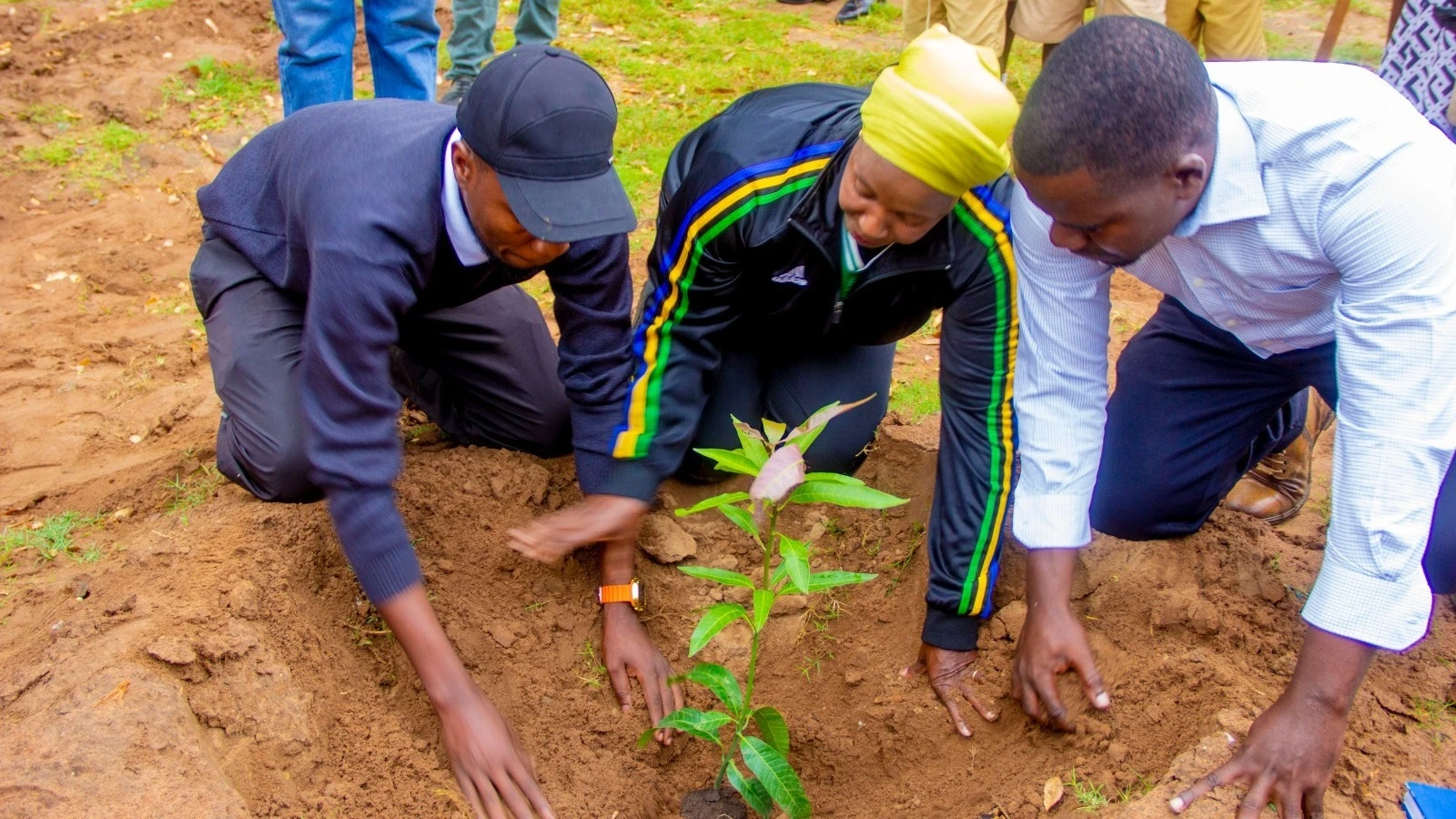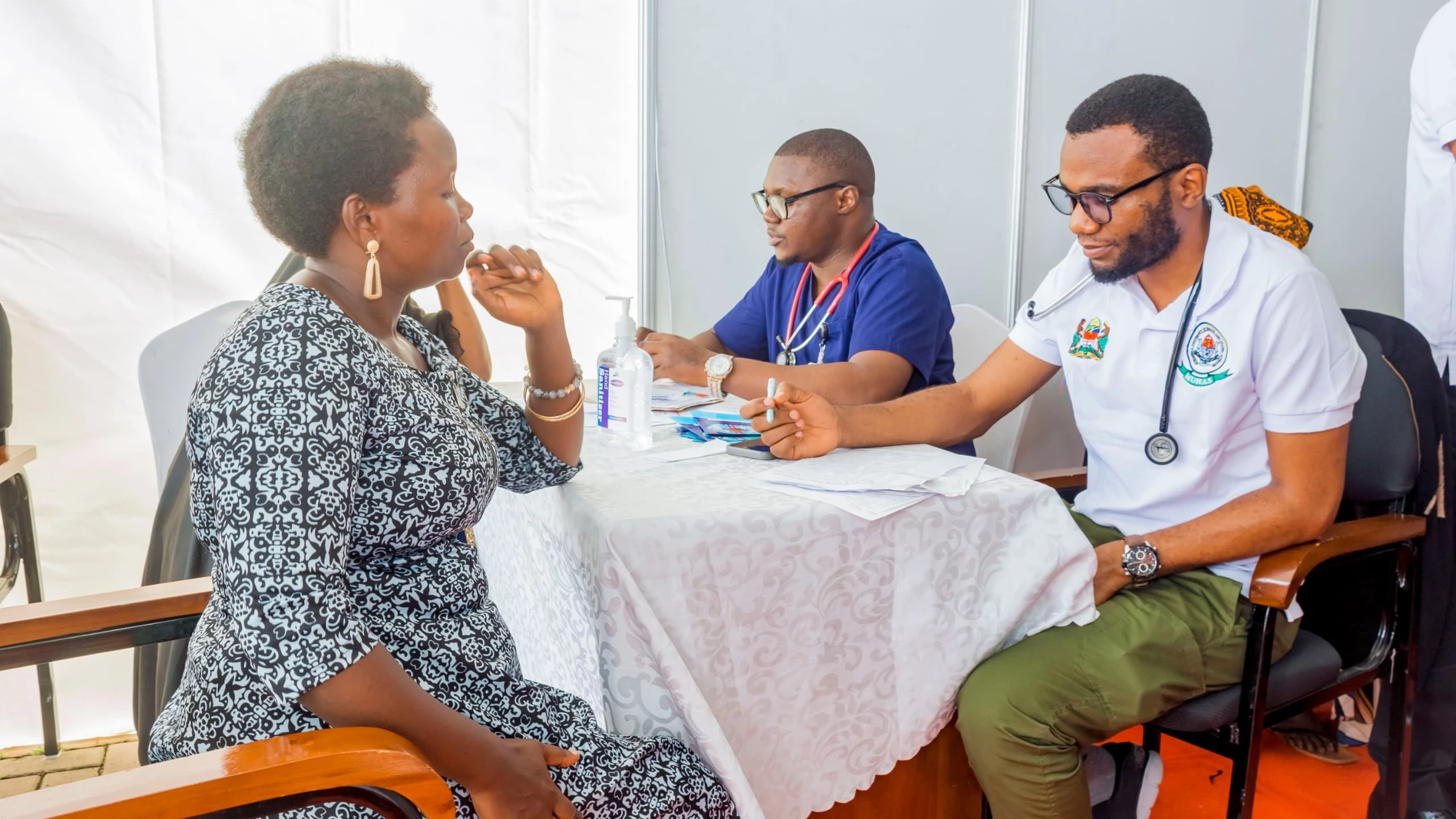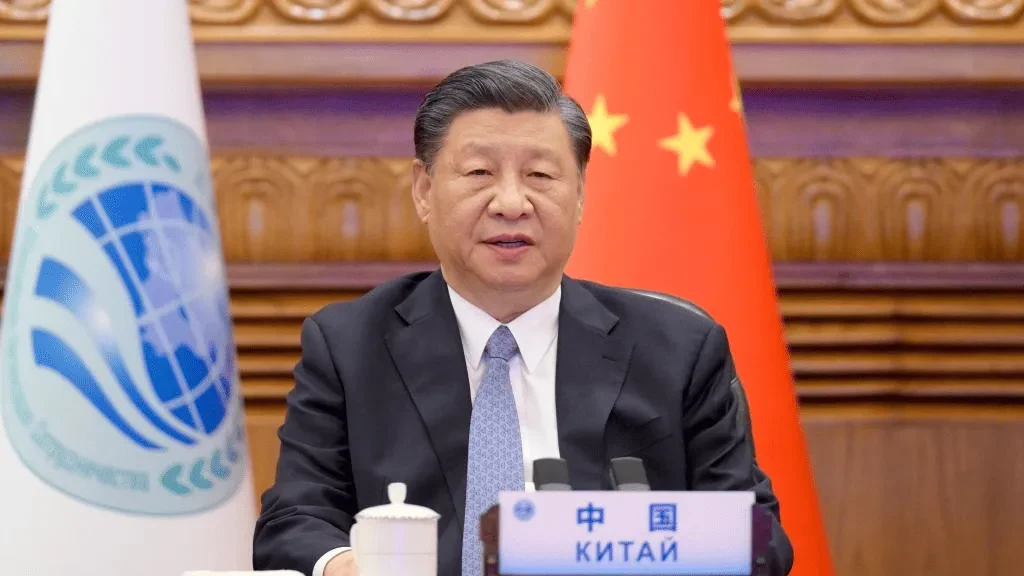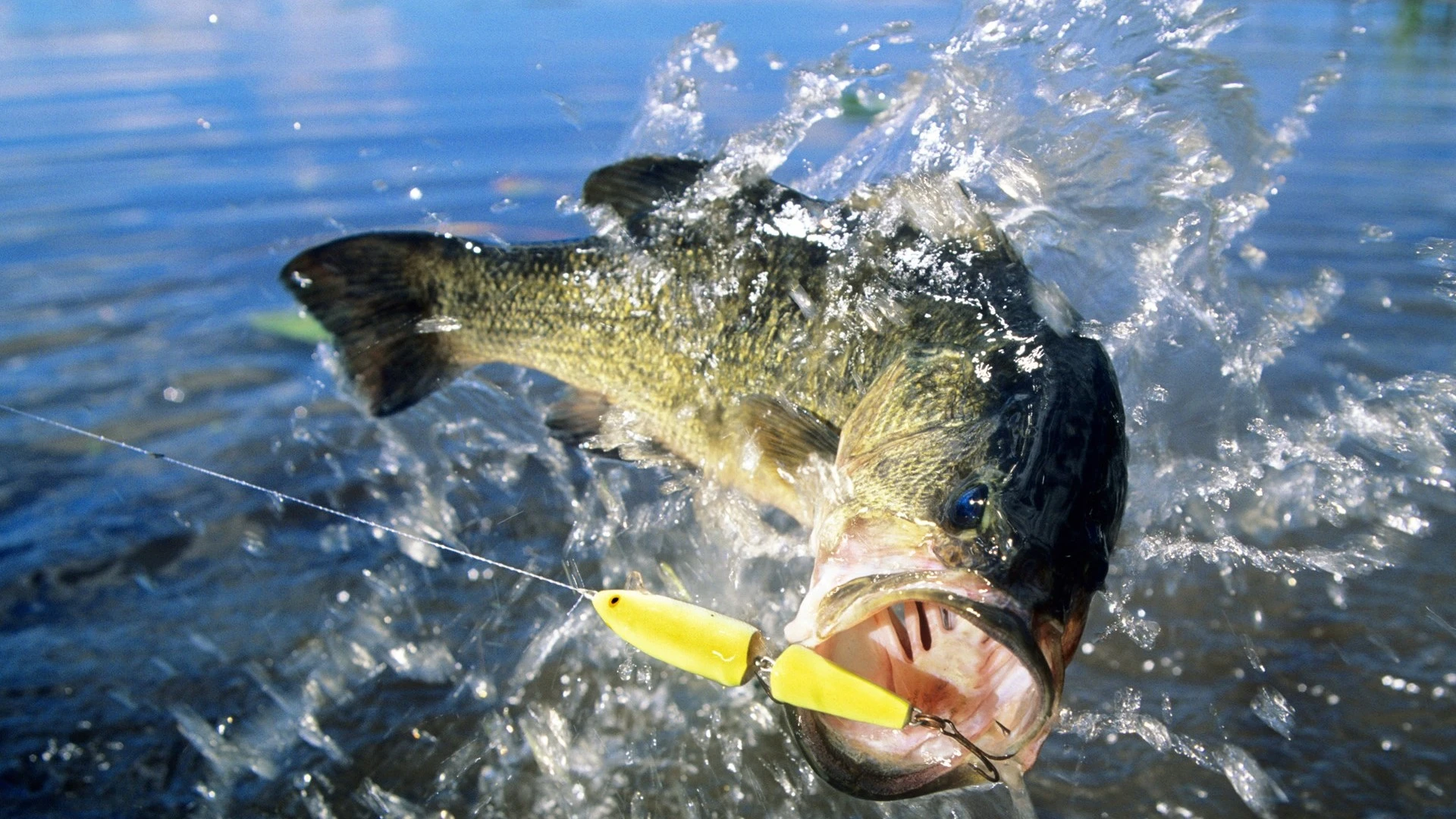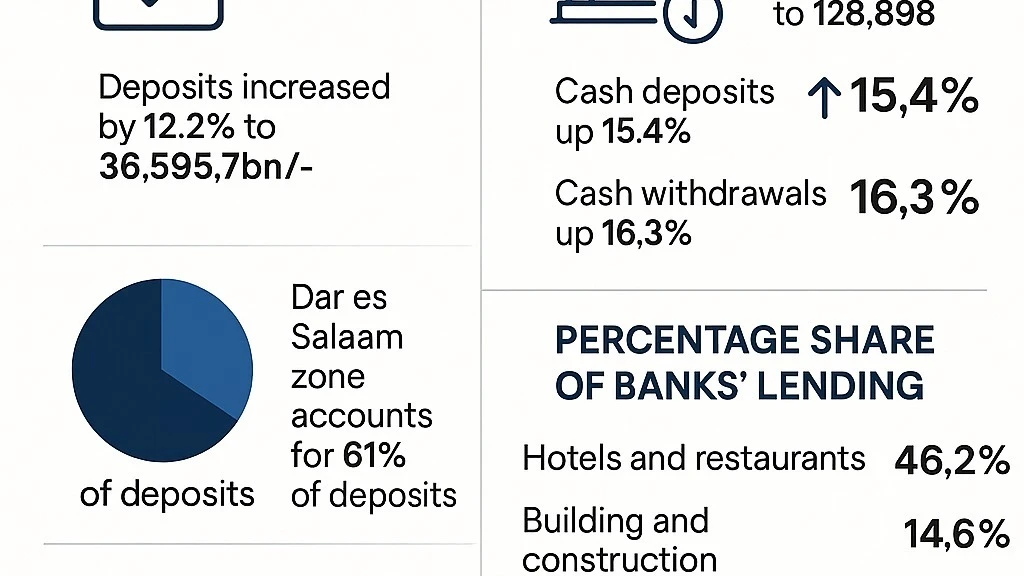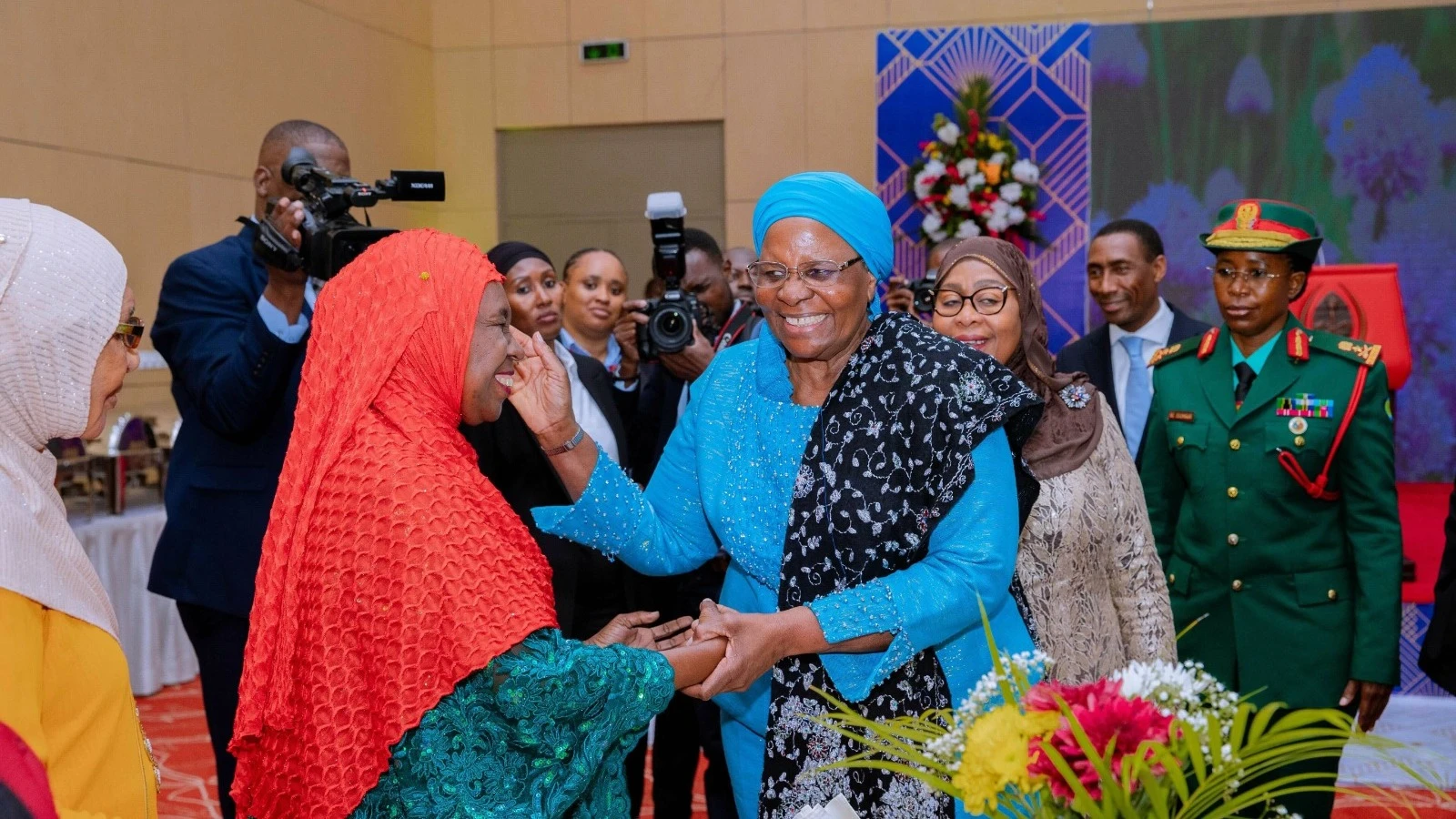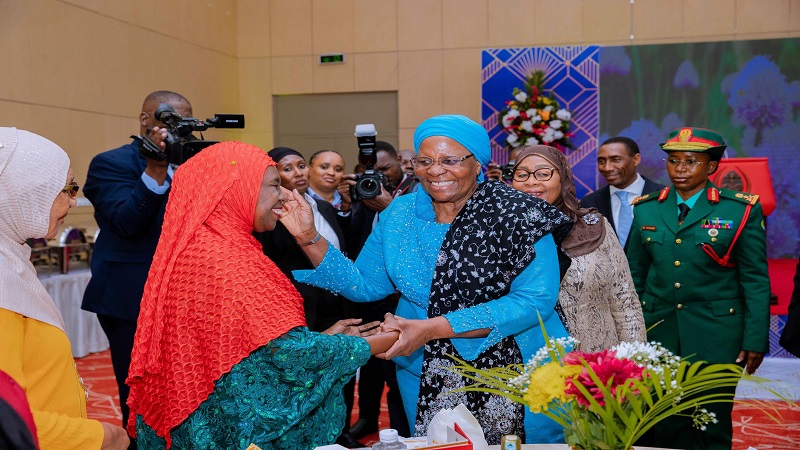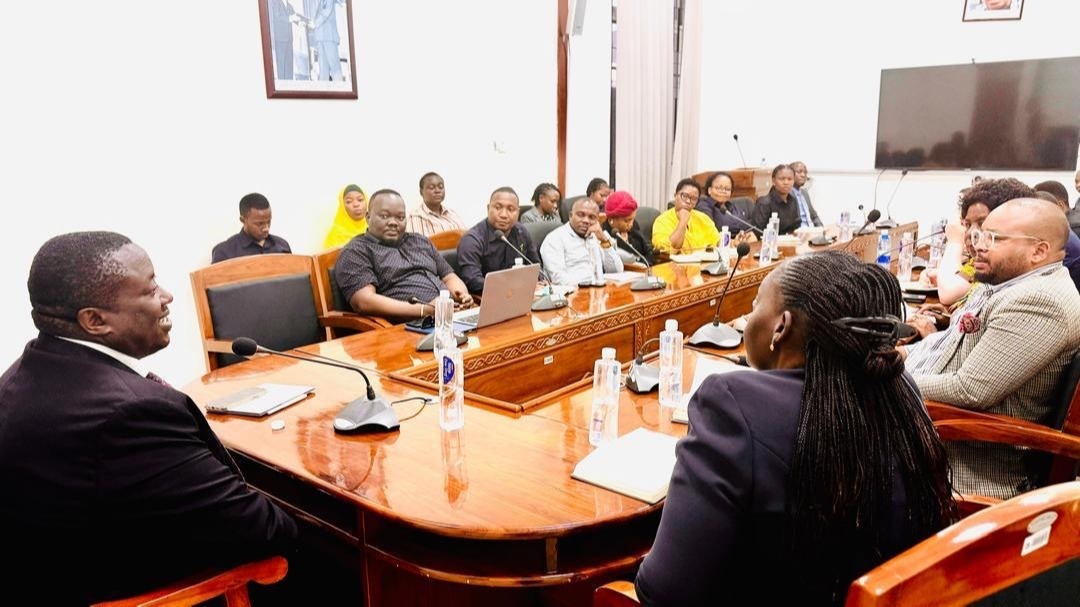Unregulated fishing costs Tanzania $300m in revenue
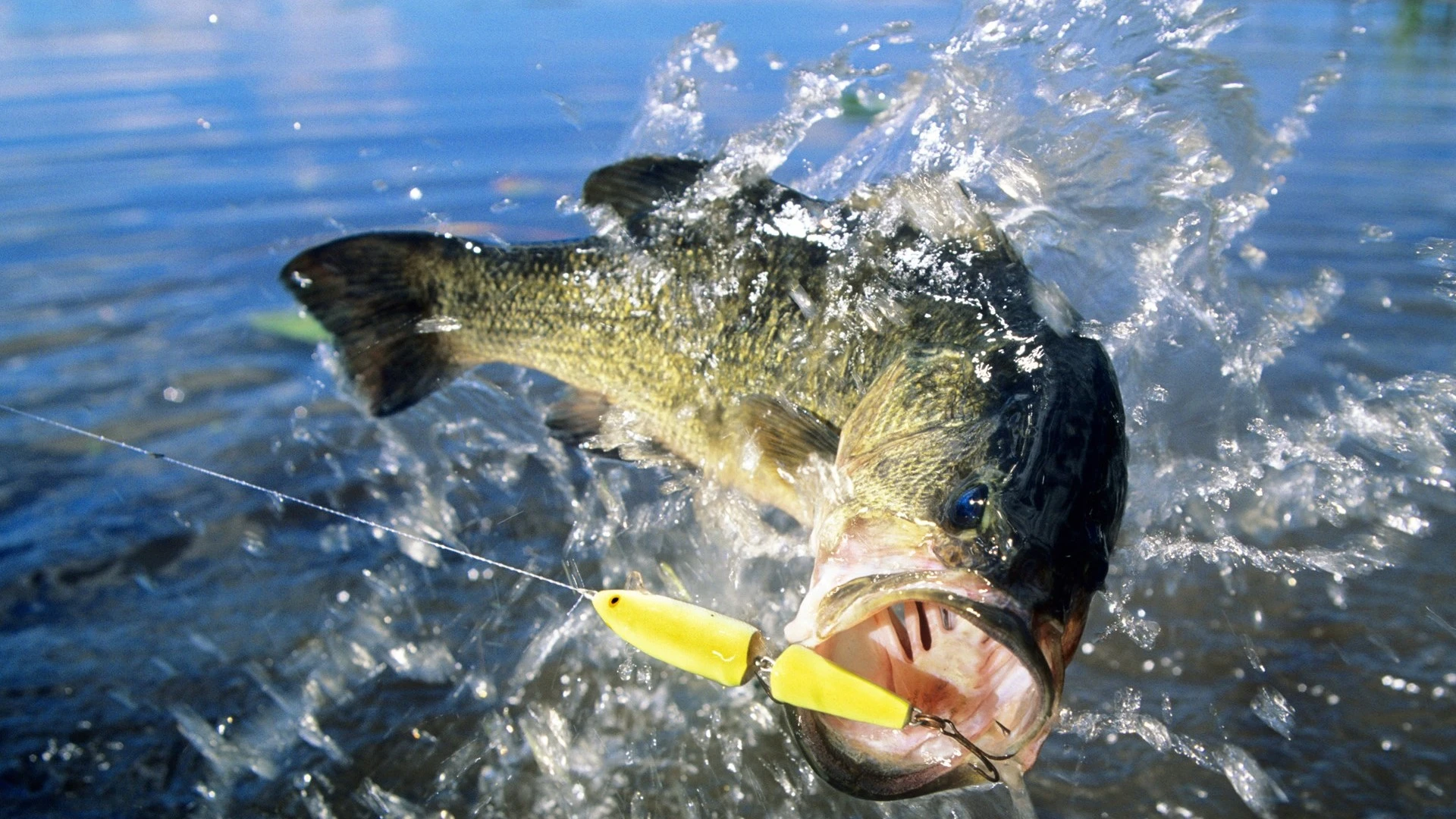
When President Samia Suluhu Hassan assumed office in March 2021, she made it clear that harnessing Tanzania’s vast aquatic resources—spanning oceans, lakes, and rivers—was crucial for sustainable development. She emphasized the need for progressive policies that would strengthen fisheries, marine transport, and tourism, all while safeguarding the environment.
On July 8, 2021, during a high-level meeting with fisheries stakeholders in Dar es Salaam, President Samia laid out her vision for modernizing the fishing sector and intensifying the fight against illegal, unreported, and unregulated (IUU) fishing. This meeting was a significant milestone, setting the tone for a new direction in fisheries governance.
President Samia expressed deep concern over the threat posed by foreign fishing vessels operating illegally in Tanzania’s territorial waters and in Lake Victoria. She called for the installation of satellite-based vessel monitoring systems and the deployment of more patrols to ensure the protection of local fishermen. She pledged government support to small-scale fishers through improved fishing gear, storage facilities, and better market access to minimize post-harvest losses. To further protect local interests, she also announced plans to reserve near-shore fishing zones exclusively for Tanzanian artisanal fishermen.
Recognizing the potential of aquaculture, President Samia encouraged public-private partnerships to expand fish farming—particularly tilapia and seaweed production. She directed the Ministry of Livestock and Fisheries to simplify licensing procedures for aquaculture investments. She also emphasized the importance of setting up fish processing plants to increase the value of exports, especially Nile perch from Lake Victoria.
The July 2021 meeting sparked several policy and institutional reforms. One major outcome was the enactment of the Deep Sea Fishing Authority Act in 2022, which strengthened regulatory controls over marine activities. The government also increased its budget allocations for the fisheries sector in the following years. By 2023, Tanzania had deployed new patrol boats and introduced a Vessel Monitoring System (VMS) to combat IUU fishing more effectively.
Speaking at the World Ocean Day celebrations held in Dar es Salaam in June 2022, President Samia underscored the importance of marine and freshwater resources, declaring that the Blue Economy must be managed sustainably to secure prosperity for future generations. Later, at the African Union Summit on the Blue Economy in November 2022 in Dodoma, she reiterated Tanzania’s commitment to regional collaboration on marine resource development. She called for increased investment in ports, marine tourism, and renewable energy derived from the ocean.
In September 2023, while addressing the United Nations General Assembly in New York, President Samia highlighted Tanzania’s efforts in marine conservation and sustainable fishing. She stressed that climate change remains a major threat to the Blue Economy, calling for coordinated global action.
Her commitment aligns with Tanzania’s Vision 2025 and the African Union’s Agenda 2063, both of which identify the Blue Economy as a transformative sector with the potential to drive inclusive and sustainable growth.
The government's 2024 Blue Economy Policy presents a bold roadmap, particularly in its commitment to expand aquaculture and eliminate IUU fishing. If implemented successfully, the policy could double national fish production by 2030, recover over $300 million in annual revenue losses, and create more than one million jobs in fisheries and aquaculture.
The policy acknowledges IUU fishing as a significant obstacle to national development. In response, the Tanzanian government has strengthened regional cooperation, working closely with Kenya, Mozambique, and Seychelles to conduct joint maritime operations. It has also imposed tougher penalties, including fines of up to $500,000 and prison terms of up to five years for foreign vessels caught fishing illegally. Repeat offenders face blacklisting from Tanzanian waters.
To boost transparency, the government has moved to digitalize the fishing license application process, aiming to reduce corruption and improve efficiency. It has also committed to publicly disclosing the list of licensed vessels to promote accountability. Near-shore waters, stretching up to five nautical miles from the coast, have now been designated exclusively for small-scale Tanzanian fishers. Trawlers and foreign boats are banned from operating in these zones.
Finance Minister Dr. Mwigulu Nchemba has also emerged as a strong advocate for the Blue Economy. He has repeatedly stated that transforming the marine sector is vital for economic growth, job creation, and sustainable development. According to Dr. Nchemba, policy reforms, infrastructure upgrades, and international partnerships are crucial to unlocking the full value of Tanzania’s marine resources.
Speaking during a meeting with the Deep Sea Fishing Authority in September 2023, the minister emphasized the urgency of dealing with illegal fishing. He said that Tanzania was losing billions in potential revenue due to foreign vessels exploiting its waters. He pointed to ongoing investments in satellite monitoring and the acquisition of radar systems to improve maritime surveillance.
At the 2024 African Blue Economy Forum, Dr. Nchemba detailed Tanzania’s investment strategy, which includes collaboration with institutions such as the World Bank and the UN’s Food and Agriculture Organization (FAO). He explained that the government is working closely with private investors to support sustainable fisheries, marine tourism, and ocean-based renewable energy projects. One of the flagship initiatives under this strategy is the World Bank-supported PROBLUE initiative, which focuses on sustainable coastal resource management.
Nchemba also revealed the government’s plan to scale up aquaculture by supporting 500,000 new fish farmers by 2026. However, he acknowledged the challenges posed by foreign overfishing, particularly from Chinese and European trawlers.
Top Headlines
© 2025 IPPMEDIA.COM. ALL RIGHTS RESERVED











